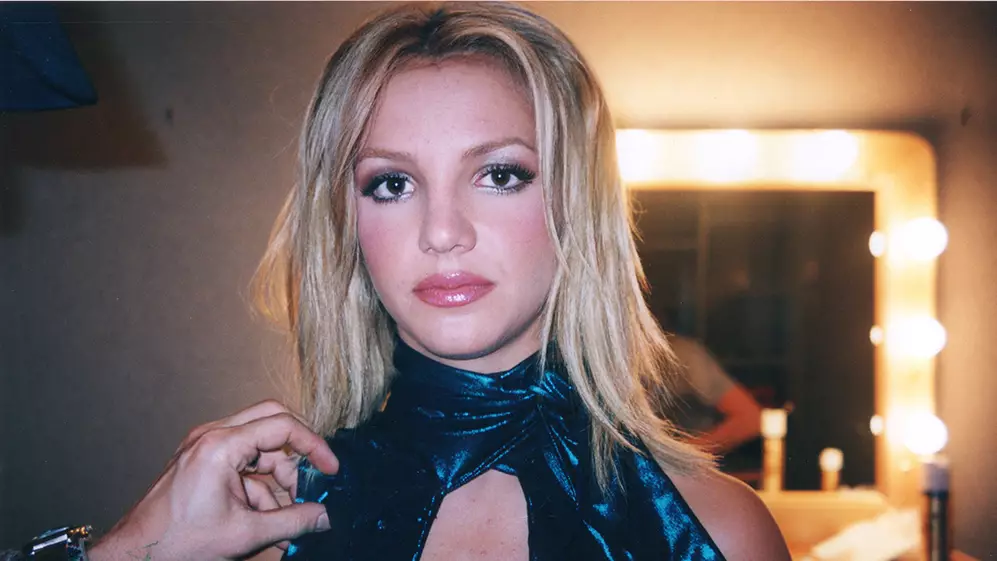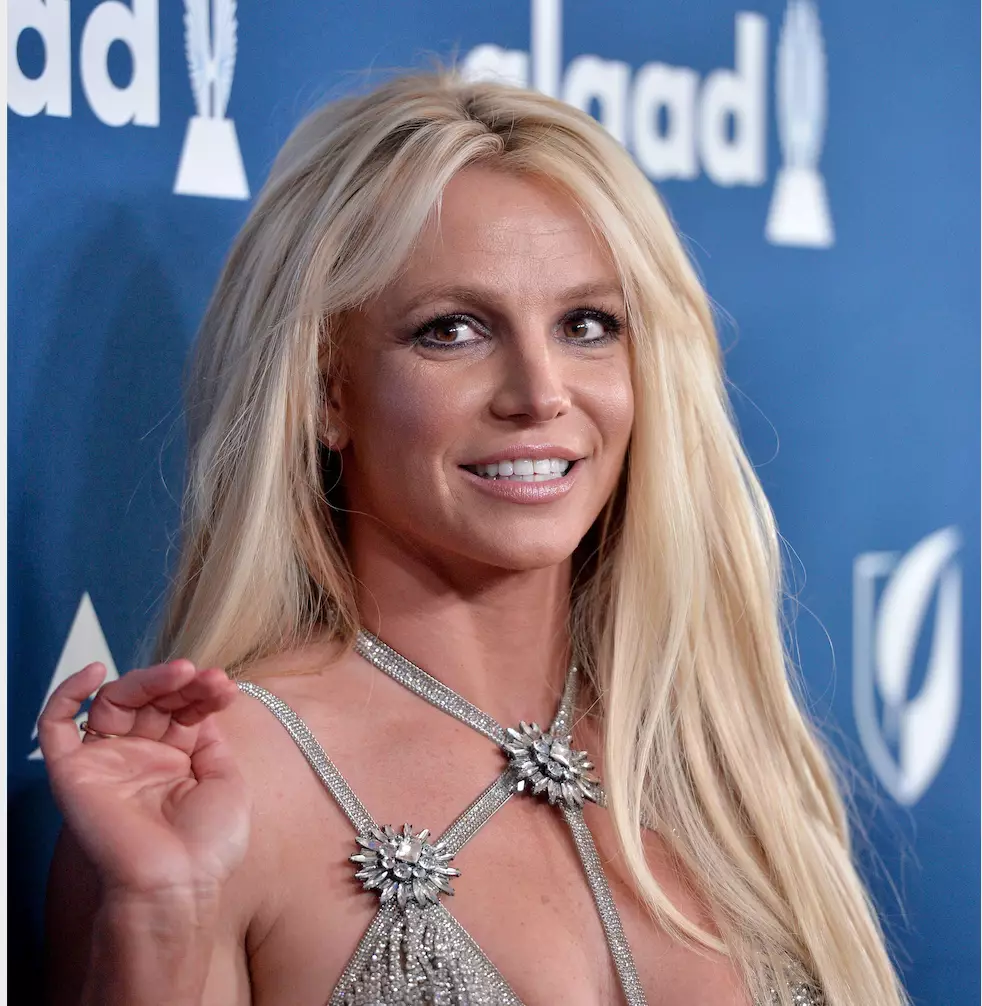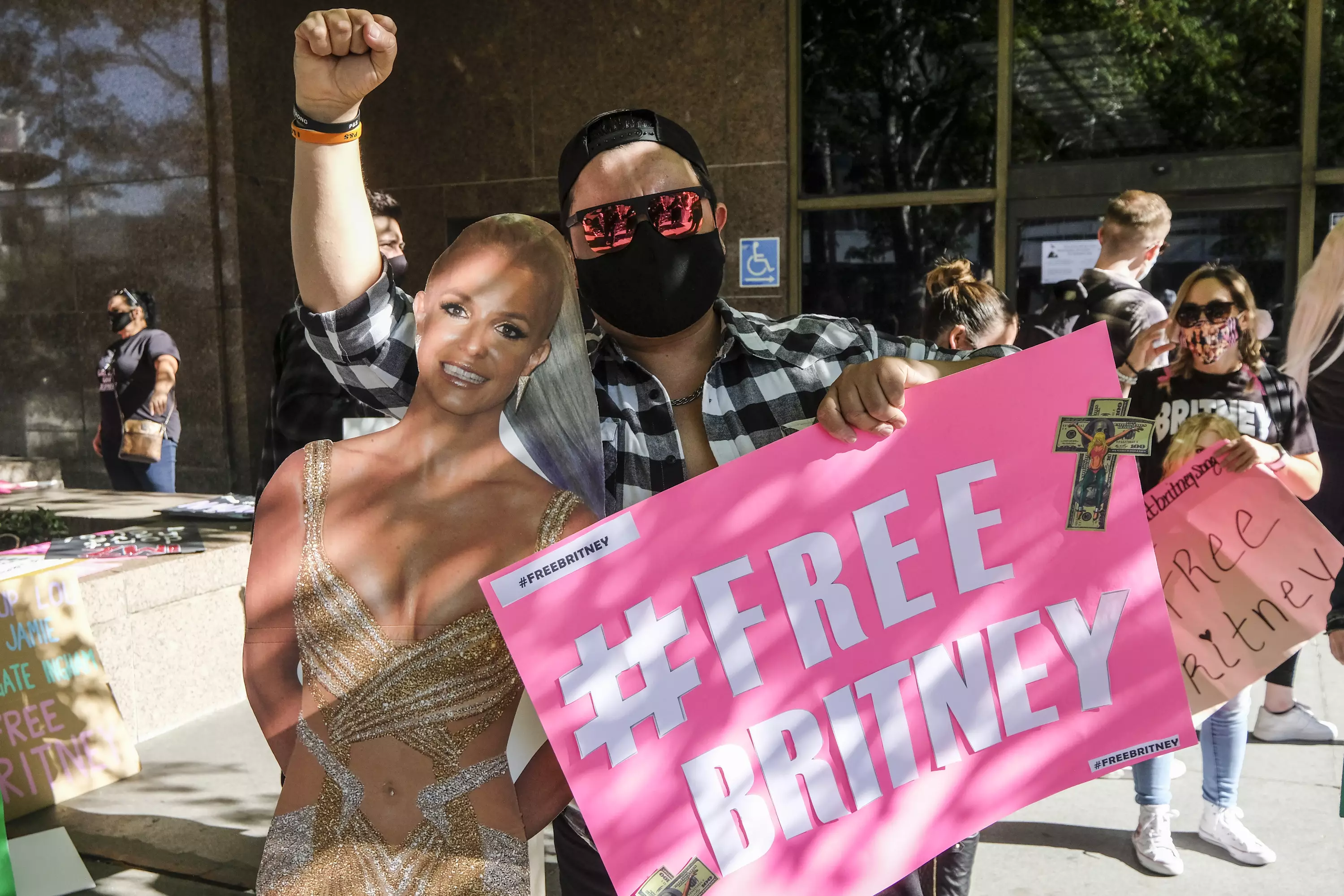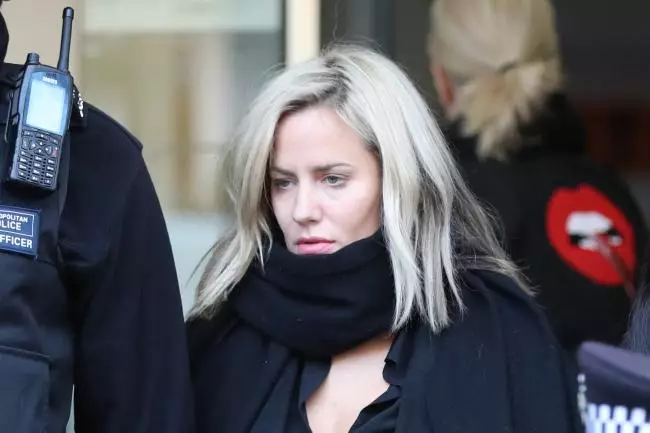
It's fair to say that Framing Britney Spears has made many of us reconsider the way we treat women who are in the public eye.
The New York Times documentary, which dropped last week, takes a long, hard look at Britney's treatment by the media and the public before and during her public breakdown in 2007, which led to the singer being placed under a conservatorship.
Much of the outrage centres around a 2003 Diane Sawyer interview in which the journalist seemingly blamed Britney for the end of her relationship with fellow teen pop star Justin Timberlake. Viewers also watched in horror as an episode of Family Feud made light of Britney's breakdown.
Advert
But why, 18 years after collectively lapping up the drama surrounding Britney's personal life and mental health, are people suddenly so shocked?
While it's easy to pass off Britney's treatment as a by-product of noughties celebrity culture - and to assume that something like this could never happen again - many experts point out that female celebrities continue to face harsh criticism from the media and the public.
"We saw this innocent young woman full of vitality, energy and dreams bouncing into the spotlight desperately eager to please the world, gradually milked and harassed to exhaustion", says psychologist and PTSD, trauma and anxiety specialist Zoë Clews.
Advert
"The documentary was a tragic thing to watch; the feeling I was left with was of a young woman who had been metaphorically thrown to the dogs and struggling against something much bigger and more powerful than herself. It left me with a deep feeling of injustice."

A clip from a 2008 episode of American game show Family Feud (the American equivalent of Family Fortunes) shown during the documentary left viewers equally shocked. Family Feud's host John O'Hurley asked: "Name something Britney Spears has lost over the last year."
Some of the answers provided by contestants included; 'Her husband', 'her mind' and perhaps even more repulsively, 'her virginity'.
Advert
Meanwhile, Justin Timberlake bragged about taking Britney's virginity in radio interviews as he launched his solo career.
"People were sucked into a world where Britney Spears was a character in a soap opera," digital expert Harvey Morton says. "Justin Timberlake was young, and Diane Sawyer sniffed a good story, shameful but not surprising.
"It was the open mockery on the game show that asked what she had lost that was so cruel. To have people laugh that you had lost your sanity showed a horrendous misrepresentation of mental illness that would have damaged many watching."

Zoë notes that celebrities and influencers continue to receive cruel comments on social media, but that this cruelty has become 'less overt and less controllable' in the age of social media.
Advert
"What Britney experienced was horrific - unremittingly horrific. Social media's treatment of celebrity - and non-celebrity - is no less horrific," she says.
Though Zoë agrees that the conversations around mental health have improved since 2007 - due to 'better education' and 'the bravery that many celebrities have shown in talking about the challenges of their own emotional wellbeing' - she notes that most scrutiny nowadays happens online.
She adds: "The more immediate threat to mental health for everyone now comes from social rather than organised media, which is largely unregulated and often a magnet for hatred."
Harvey notes similarities between the way Britney was treated in 2007-08 and the brutal trolling comments Jesy Nelson faced on social media which ultimately lead to her departing Little Mix in December 2020.
Advert
Prior to Jesy leaving the band, she presented an extremely emotional documentary for BBC Three - Odd One Out - which delved into the topic of online trolling and discussed the impact this scrutiny had on her mental health.

"Jesy Nelson wanted to be a pop star like many young girls. She got her wish, but the dream was a nightmare where everyday people told her that she was ugly or fat," he says.
"Despite the constant abuse, she [Jesy] was expected to smile because [she was living] the dream and it was part of the job. Here lies the similarity between Nelson and Spears. Not only is there a permission to comment on the appearance of young women in pop, but that we are permitted to be cruel."
Lucy Robinson, culture historian at the University of Sussex, adds: "Perhaps trolls on social media are just doing what celebrity columnists and gossip columnists have been doing since the printed press began. Maybe that's what social media has done, it's democratised hate."
Just last week, fans commemorated the life of Caroline Flack a year after her suicide. Prior to her death, Caroline faced intense scrutiny and backlash regarding her relationship with Lewis Burton.

Harvey is hopeful that the reaction to Caroline's death could signal a change in attitudes: "As a society, we knew immediately that the fate of Caroline Flack was a tragedy and there was a sense of collective shame for what we had passively colluded with," he says.
"The fact that this is the time for Britney Spears' story to be retold and reframed in this way is a reflection of the improvement of our discussion around mental health topics. "
He hopes that Framing Britney Spears could be a reckoning moment for how we treat women in the public eye and their mental health. "Until we stop being interested in gossip, the latest downfall of a reality star, or sending a trolling comment on social media, we are still part of the problem."
If you are struggling in any way call Samaritans for free on 116 123, visit samaritans.org - or write down your thoughts in an email to [email protected].
Topics: Mental Health, wellbeing, Celebrity Entertainement, Britney Spears